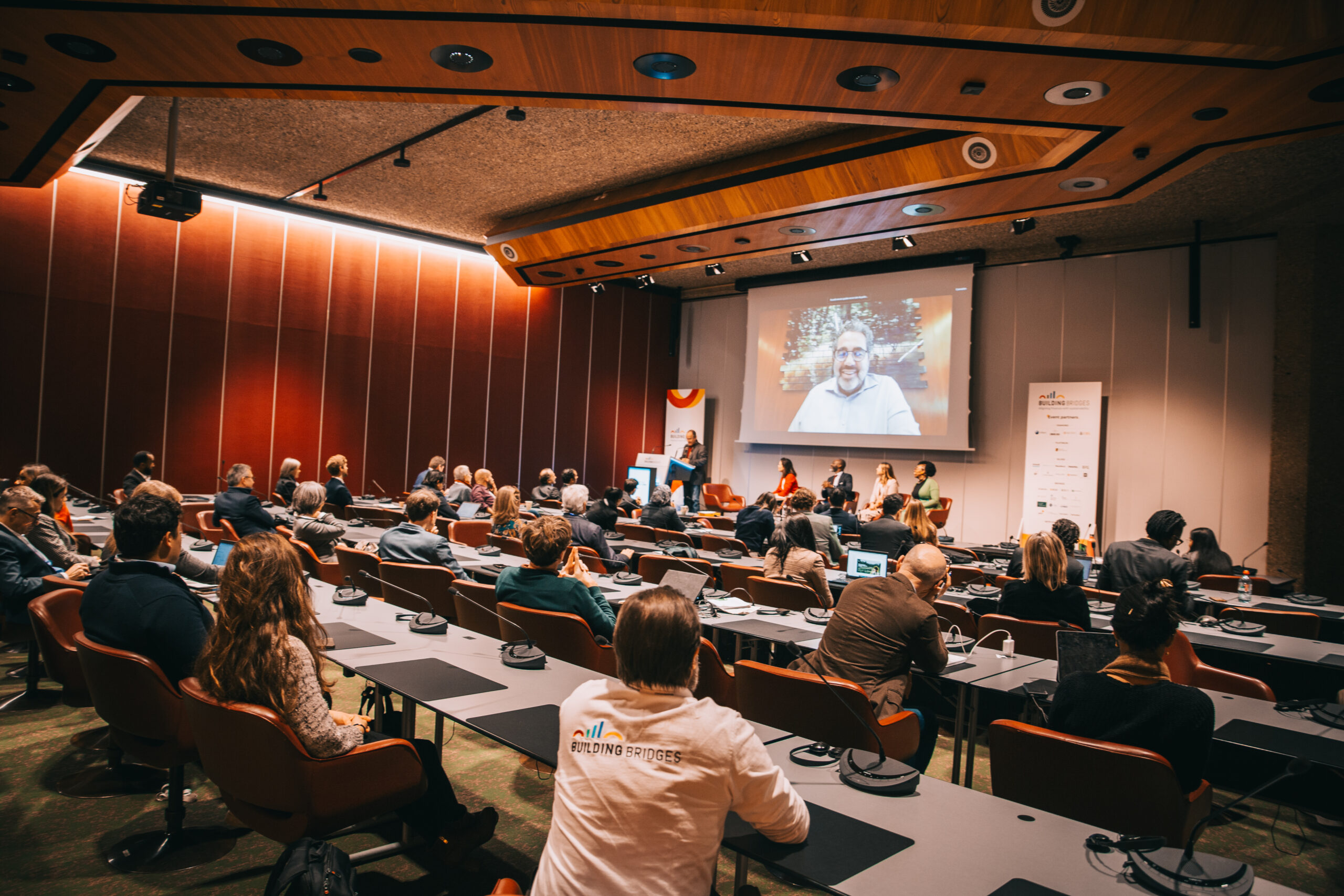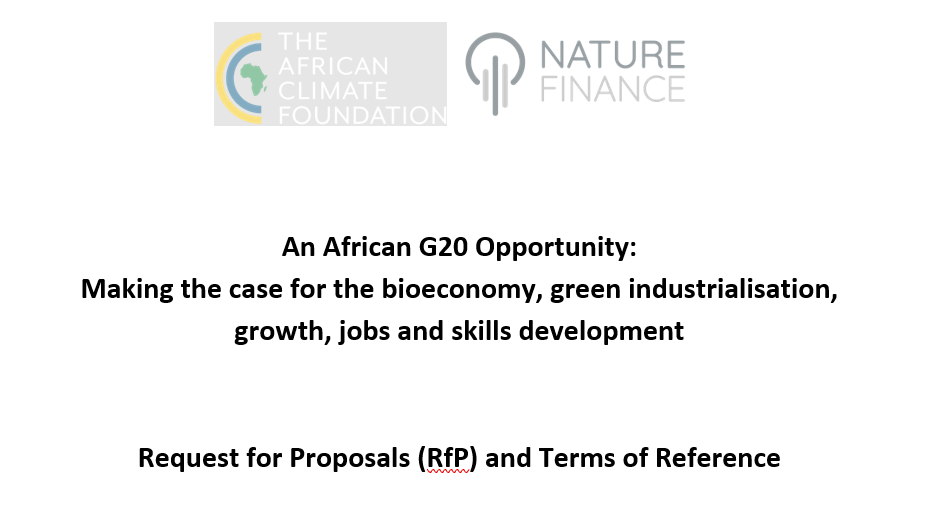Building on cutting-edge World Bank research (2021) and using the most advanced AI methodology and models, this report examines how biodiversity loss – more specifically, a reduction in marine fisheries, tropical timber, and wild pollination services – would affect sovereign debt markets in 26 nations.
Results include implications for sovereigns in the case of a partial collapse of ecosystem services as well as of a gradual nature loss at current rates under a business as-usual scenario.
KEY MESSAGES
· Biodiversity loss translates into increased market risk for developed and underdeveloped countries – as the Covid-19 pandemic demonstrated.
· As nature loss reduces economic performance, it will become harder for countries to service their debt, with potentially grim consequences for ordinary people trying to make mortgage payments or survive on a fixed income (like pensioners).
· Scientific and economic evidence calls for explicitly incorporating biodiversity and nature-related risks in agencies’ credit ratings as omitting them may ultimately undermine market stability, bankrupt governments, and severely impact household spending.
CALLS TO ACTION
Credit rating agencies can and should use scientific research to integrate nature-loss into credit ratings to provide more accurate picture of nations’ credit risk. Omitting this may ultimately undermine market stability, bankrupt governments, and severely impact households.
Investors who rely on nature-blind measures of creditworthiness will be unable to correctly identify, price, and manage risk across their portfolio. Innovation is urgently needed in sovereign debt markets to fund ecological restoration and prevent cascading debt crises in developing countries.
Governments should take forceful action to stop the depletion of the natural habitat on which their economies are based. The cost of inaction is high. A continued depletion of nature and biodiversity would increase the risk of partial nature collapse, with potentially significant downside risks in terms of output losses, credit ratings downgrades, and a resulting higher cost of capital.







